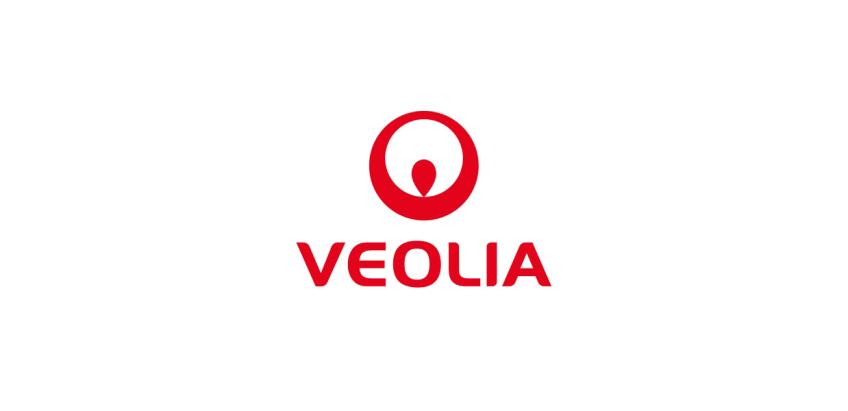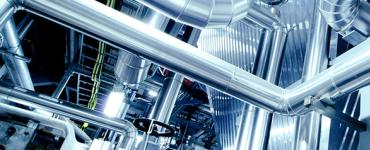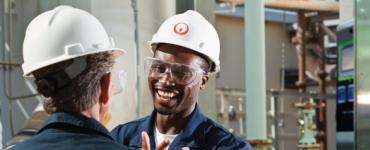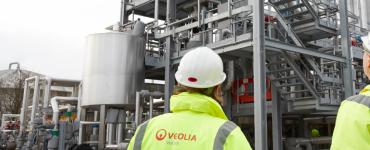- Home
- Case Studies
- Mobile Solutions solves consent to discharge problem at UK Power Station

Mobile Solutions solves consent to discharge problem at UK Power Station
Client Needs
In order to suppress NOx emissions, water is sprayed directly into the burner to reduce the flame temperature. This water evaporates leaving behind any dissolved salts which deposit in the burner and need to be removed regularly. In order to avoid such problems, the station uses deionised water of 0.1μS/cm conductivity and silica less than 20ppb, which is very low in dissolved salts. During the summer, the station uses about 40m3 per day of deionised water, but in winter the demand rises to about 170m3/day. To produce this high quality water, an ion exchange plant with its associated regenerant chemicals and effluent discharge is required.
Our Solution
The company had purchased a 9m3/h Rapide deioniser from Veolia Water Technologies , a Veolia Water Solutions & Technologies company. The Rapide uses state-of-the-art ion exchange technology, with a highly efficient regeneration process that produces such a small quantity of effluent that it can be economically tankered off site to a merchant waste disposal facility. Back in 1996, the site did not have a Consent to Discharge. So during the winter months when the demand for water is higher, tankering the water off-site becomes un-economical, so the station’s then owners, opted to use a mobile rental deionisation system with off-site regeneration and no on-site effluent discharge.
The Result
This long term hire solution offered a big saving and the company signed up to a multi-year contract. While the 20’ containerised plants were being built and commissioned, Mobile Water Services provided a short term MODi trailer, ensuring that the station’s water supply was secured.













